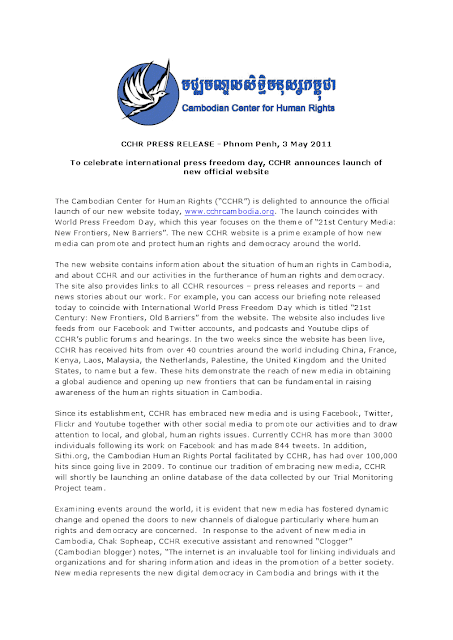By : eco-business.com
Hydropower dams planned for the lower mainstem of the Mekong River could decimate fish populations and with them the primary source of protein for 60 million people. The impact of the dams would extend far beyond the river, as people turn to agriculture to replace lost calories, protein and micronutrients, according to a new study by WWF and the Australian National University.
There are 11 planned dam projects on the Mekong mainstem, and another 77 dams planned in the basin by 2030. The study, “Dams on the Mekong River: Lost fish protein and the implications for land and water resources”, looked at two scenarios: replacement of lost fish protein directly attributable to the proposed 11 mainstem dams, and replacement of the net loss in fish protein due to the impact of all 88 proposed dam developments.
If all 11 planned mainstem dams were built, the fish supply would be cut by 16 per cent, with an estimated financial loss of US$476 million a year, according to the study. If all 88 projects were completed, the fish supply could fall 37.8 per cent.






























